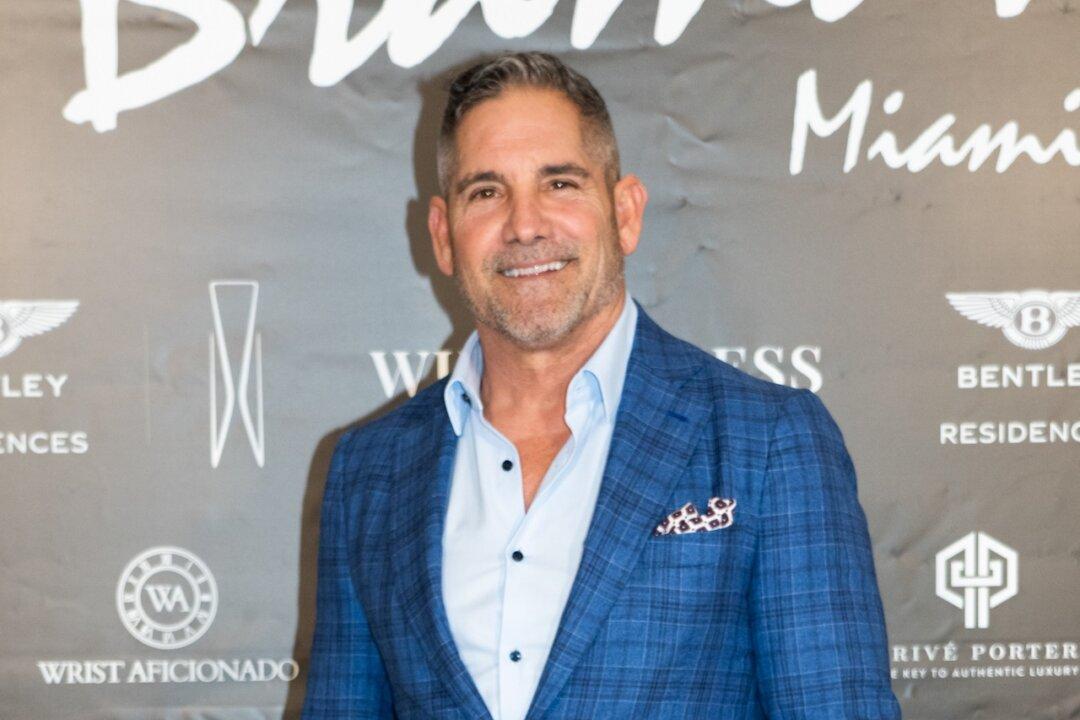 By Jeremy Knauff
By Jeremy Knauff
One of my first jobs after I got out of the Marine Corps was at a software company during the dot-com bubble. There, I was responsible for selling training software designed to help network engineers, software developers, and database administrators pass their certification exams.This was an especially interesting time to be in the tech world because the internet was just starting to become popular. Most of what we take for granted online today simply did not exist yet, and the internet was rapidly evolving in real-time. There was so much that we had to learn along the way. For me, despite knowing how impactful the internet would soon become, there was a more important topic that I had to learn. A topic that would prove to be one of the most valuable skills I would ever learn—sales.






